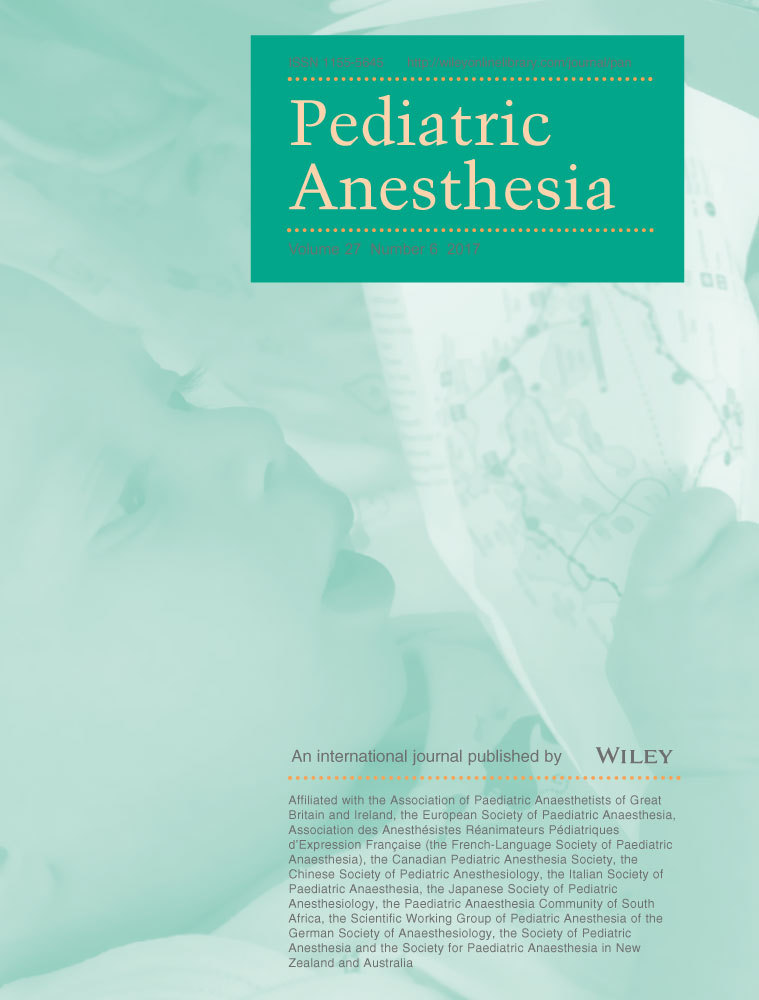2p24.1p23.2 deletion and delayed recovery after a general anesthesia for gastrointestinal endoscopic procedure
Summary
Interstitial 2p deletions are very rare and may include proopiomelanocortin (POMC) gene (2p23.3). Our 10-year-old patient, known to carry this genetic anomaly, underwent an endoscopic interventional procedure under general anesthesia. After a sevoflurane induction, alfentanil (8.5 μg·kg−1) was given. The procedure lasted 22 min. There was an unexpected delayed recovery likely reflecting an unexpected delayed recovery likely due to opioid hypersensitivity. The deletion of POMC may cause a deficit in endorphin and may lead to an up-regulation of opioid receptors. Exogenous opioids should be used with particular caution in patients suffering a deficit of POMC.




